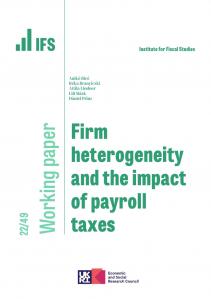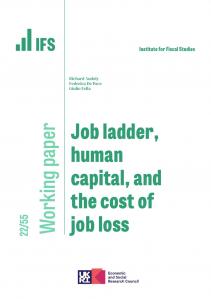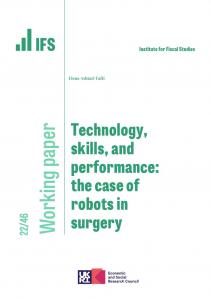How much does US-based R&D benefit other countries and through what mechanisms? We test the Ѵechnology sourcing' hypothesis that foreign research labs located on US soil tap into US R&D spillovers and improve home country productivity. Using panels of UK and US firms matched to patent data we show that UK firms who had established a high proportion of US-based inventors by 1990 benefited disproportionately from the growth of the US R&D stock over the next 10 years. We estimate that UK firms' Total Factor Productivity would have been at least 5% lower in 2000 (about $14bn) in the absence of the US R&D growth in the 1990s. We also find that technology sourcing is more important for countries and industries who have ѭost to learnҮ Within the UK, the benefits of technology sourcing were larger in industries whose TFP gap with the US was greater. Between countries, the growth of the UK R&D stock did not appear to have a major benefit for US firms who located R&D labs in the UK. The ѳpecial relationship' between the UK and the US appears distinctly asymmetric.










